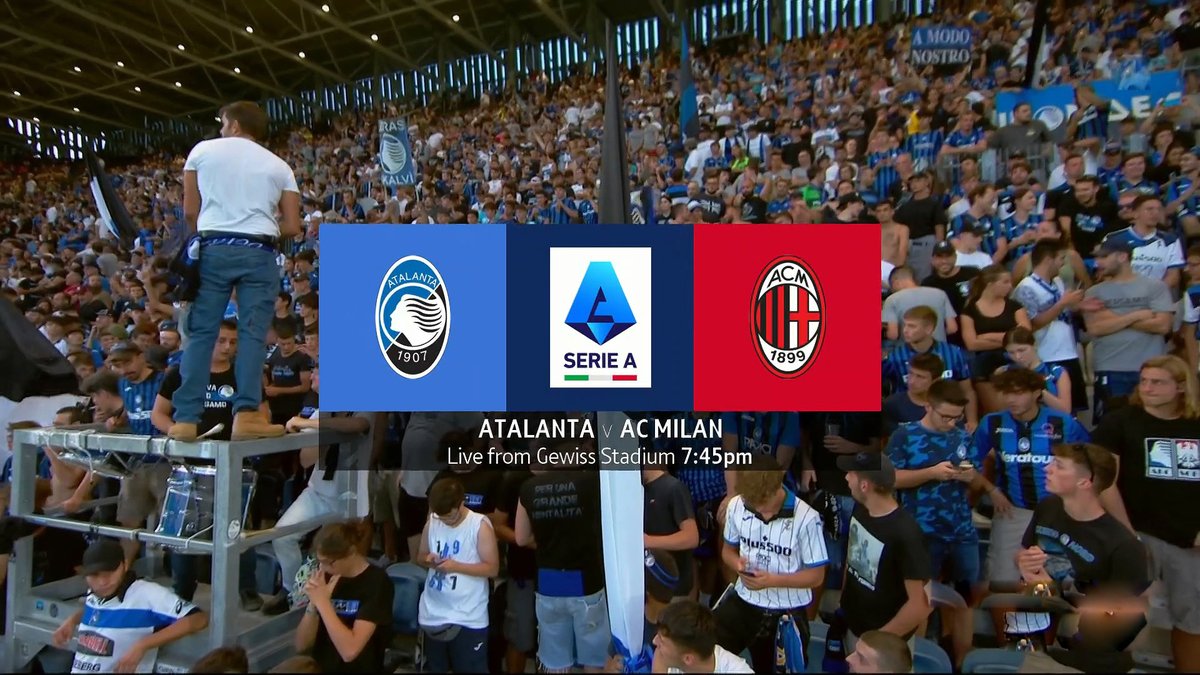From Social Media Star To Political Challenger: A Gen Z's Path To Congress

Table of Contents
Leveraging Social Media for Political Campaigns
Gen Z's innate understanding of digital platforms gives them a significant advantage in the political arena. Their pre-existing social media presence translates into immediate political capital, allowing them to bypass traditional gatekeepers and connect directly with voters.
Building a Brand and Audience
For many Gen Z political challengers, their journey begins long before announcing their candidacy. Years spent cultivating an online presence, building a loyal following, and establishing a personal brand provide a solid foundation for a political campaign. Examples include [insert examples of successful Gen Z influencers who transitioned to politics here, linking to relevant articles].
- Organic reach vs. paid advertising: While paid advertising plays a role, organic reach built through consistent, engaging content is crucial for establishing trust and authenticity.
- Community building: Fostering a sense of community through interactive content, polls, and Q&A sessions is vital for building a strong base of support.
- Utilizing different platforms: A successful Gen Z political campaign utilizes the strengths of various platforms. TikTok offers short, engaging videos; Instagram allows for visually appealing content; Twitter enables rapid response to news and events; and YouTube provides space for longer-form discussions.
- Fostering engagement: Encouraging comments, shares, and direct messages fosters a two-way dialogue and demonstrates responsiveness to voters' concerns.
Direct Communication and Grassroots Mobilization
Social media empowers Gen Z candidates to communicate directly with potential voters, bypassing traditional media filters and gatekeepers. This direct line of communication is instrumental in mobilizing grassroots support.
- Live Q&As: These interactive sessions allow candidates to address voter concerns in real-time and showcase their personality.
- Polls: Polls on social media offer a quick way to gauge public opinion on specific issues.
- Rapid response to current events: The ability to quickly respond to breaking news and engage in relevant conversations is critical in the fast-paced world of social media.
- Fundraising through platforms like GoFundMe or Patreon: Social media facilitates innovative fundraising methods, directly connecting candidates with donors.
Countering Misinformation and Negative Campaigns
The digital landscape also presents challenges. Gen Z candidates face the constant threat of misinformation campaigns and online negativity.
- Media literacy initiatives: Educating voters about media literacy and responsible information consumption is crucial.
- Fact-checking: Proactively addressing false narratives and misinformation is vital for maintaining credibility.
- Engaging in constructive dialogue: Responding to criticism with thoughtful, respectful engagement can demonstrate maturity and leadership.
- Building resilience to online attacks: Developing a thick skin and strategies for managing online negativity is crucial for maintaining a positive campaign.
Bridging the Generational Divide
While Gen Z candidates possess a natural advantage with younger voters, successfully reaching older demographics requires a multi-faceted approach.
Addressing the Concerns of Older Voters
Many older voters may be less familiar with social media, requiring candidates to employ traditional campaigning strategies alongside their digital efforts.
- Traditional campaigning alongside digital strategies: This includes attending town halls, engaging in local community events, and distributing flyers alongside digital advertising.
- Focusing on shared values: Highlighting shared values and concerns that transcend generational differences is crucial for building broad-based support.
- Addressing generational anxieties and concerns: Acknowledging and addressing the concerns of older voters, such as economic security or healthcare, is essential.
Utilizing Traditional Political Strategies
While social media is a powerful tool, Gen Z candidates still rely on established political strategies to build momentum.
- Endorsements: Securing endorsements from influential figures, both within and outside of their generation, can lend credibility and broaden their appeal.
- Volunteer networks: Building a strong volunteer base, both online and offline, is crucial for grassroots campaigning.
- Local community events: Participating in local events and engaging with community members face-to-face builds trust and fosters a personal connection.
- Debates and forums: Debates and forums provide opportunities to showcase their knowledge, debating skills, and policy positions to a broader audience.
Overcoming Age and Experience Barriers
Running for office at a young age and lacking traditional political experience presents unique challenges.
- Mentorship programs: Seeking mentorship from experienced politicians can provide valuable guidance and support.
- Highlighting specific skills and achievements: Emphasizing their unique skills and achievements, both personal and professional, can showcase their preparedness for office.
- Emphasizing fresh perspectives and solutions: Gen Z candidates can effectively highlight their fresh perspectives and innovative solutions to address current challenges.
The Impact and Future of Gen Z in Politics
The rise of Gen Z in politics is transforming the political landscape and the issues being prioritized.
Shifting Political Landscape
The increasing political participation of Gen Z is directly influencing the political agenda.
- Focus on climate change: Gen Z candidates frequently prioritize climate change, advocating for bold environmental policies.
- Social justice: Social justice issues, such as racial equality and LGBTQ+ rights, are central to many Gen Z platforms.
- Economic inequality: Addressing economic inequality and ensuring fair wages are key policy concerns for many Gen Z candidates.
- Mental health: Improving access to mental healthcare and addressing the mental health crisis is frequently highlighted.
- Technological advancements: Gen Z candidates often bring a deep understanding of technology and its potential to improve governance.
The Role of Authenticity and Transparency
Authenticity and transparency on social media are key factors influencing voter perceptions and engagement.
- Building trust: Open and honest communication builds trust with voters.
- Addressing criticisms directly: Directly addressing criticism and engaging in open dialogue demonstrates accountability and responsiveness.
- Showcasing vulnerabilities: Showcasing vulnerabilities and humanizing their image can foster stronger connections with voters.
- Maintaining consistent messaging: Maintaining a consistent message across all platforms is crucial for building a cohesive and credible brand.
Long-term Implications for Political Discourse
The increased political participation of Gen Z has far-reaching implications for the future of political discourse.
- Increased voter turnout: Gen Z's engagement could potentially lead to increased voter turnout in future elections.
- Diversification of political voices: Gen Z brings a broader range of perspectives and experiences to the political arena.
- Evolving campaign strategies: The success of social media in political campaigning is reshaping traditional campaign strategies.
- Increased use of technology in government: Gen Z's familiarity with technology can lead to greater innovation and efficiency in government.
Conclusion
The journey from social media star to political challenger is a testament to the evolving nature of political engagement. By effectively leveraging their online platforms, connecting with voters across generations, and addressing critical issues, Gen Z candidates are reshaping the political landscape. Their success demonstrates the power of social media in shaping public discourse and influencing political outcomes. To stay informed about how Gen Z is changing the political game, continue researching the dynamic relationship between social media influencers and political participation. Understanding the path from social media star to political challenger is crucial to grasping the future of political representation and the innovative strategies employed by this dynamic generation.

Featured Posts
-
 Integrating Campus Farms Into Life Cycle Curriculum For Students
May 13, 2025
Integrating Campus Farms Into Life Cycle Curriculum For Students
May 13, 2025 -
 Serie A Ac Milan Vs Atalanta Informacion Completa Sobre El Partido De Gimenez
May 13, 2025
Serie A Ac Milan Vs Atalanta Informacion Completa Sobre El Partido De Gimenez
May 13, 2025 -
 Athlitikes Metadoseis Serie A Odigos Gia Toys Agones
May 13, 2025
Athlitikes Metadoseis Serie A Odigos Gia Toys Agones
May 13, 2025 -
 Ac Milan Vs Atalanta Prediksi Skor Head To Head Dan Starting Xi
May 13, 2025
Ac Milan Vs Atalanta Prediksi Skor Head To Head Dan Starting Xi
May 13, 2025 -
 Chicago Cubs Star Kyle Tucker Addresses Fan Interactions
May 13, 2025
Chicago Cubs Star Kyle Tucker Addresses Fan Interactions
May 13, 2025
